BU is celebrating Global Entrepreneurship Week, for the first time, on the 19th of November with not ONE but TWO Mega Events! Supporting student experience; supporting BU commitment to the UN Sustainable Development Goals; and providing a platform to bring together wonderful examples of the power of enterprise in changing society.
Women in Entrepreneurship: An extraordinary panel of Women from various sectors and UK and Beyond, we have a number of Famous faces on the panel as well as women who are quietly making a huge impact on society and the economy; helping break down gender barriers to entrepreneurial activities. I am immensely proud to introduce the panel and the 3 wonderful ladies from Brazil who are also going to join us (see attached pic).The Women in Entrepreneurship Panel has been possible due to the support of funding from the Women’s Academic Network (WAN); ACORN award(Public dissemination of research); and Faculty of Management (Executive Dean Dr Lois Farquharson)
Venue- KG01 Time- 1245-1630
Also, on the 19th we are bringing SOUP to BU..what’s that you ask? BH SOUP (modelled on the Detroit SOUP movement) has been running successfully in the conurbation for the last few years and this year, to celebrate GEW and to harness the energy of the newly launched BU Social Entrepreneurs Forum, BH SOUP is coming to BU with BH SOUP Loves Social Enterprises. This event too is possible due to the Faculty of Management (Dr Lois Farquharson).
Venue- Fusion Building Ground Floor space- Time 1845-2100
Please see the eventbrite links below to register (for FREE) at the event(s)
https://www.eventbrite.co.uk/e/women-in-entrepreneurship-tickets-74693186331
https://www.eventbrite.co.uk/e/bh-soup-loves-social-enterprises-tickets-74205618001

The Panelists!

BH SOUP Loves Social Enterprises

Ana Lucia, Brazil, Founder of Vision for Good
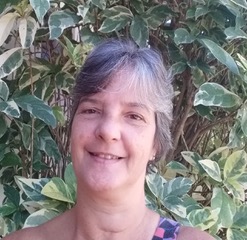
Clarrise Seixas, from Brazil founder of MIMOS, a social impact business

Ivi Felix, From Brazil; Founder of Mantiquira Local Market


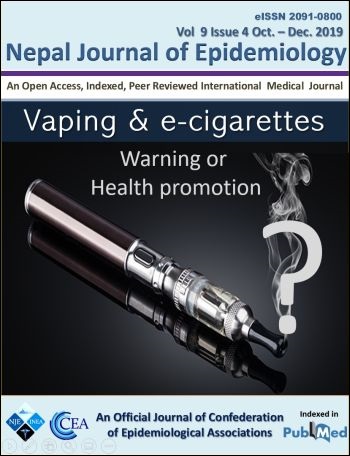
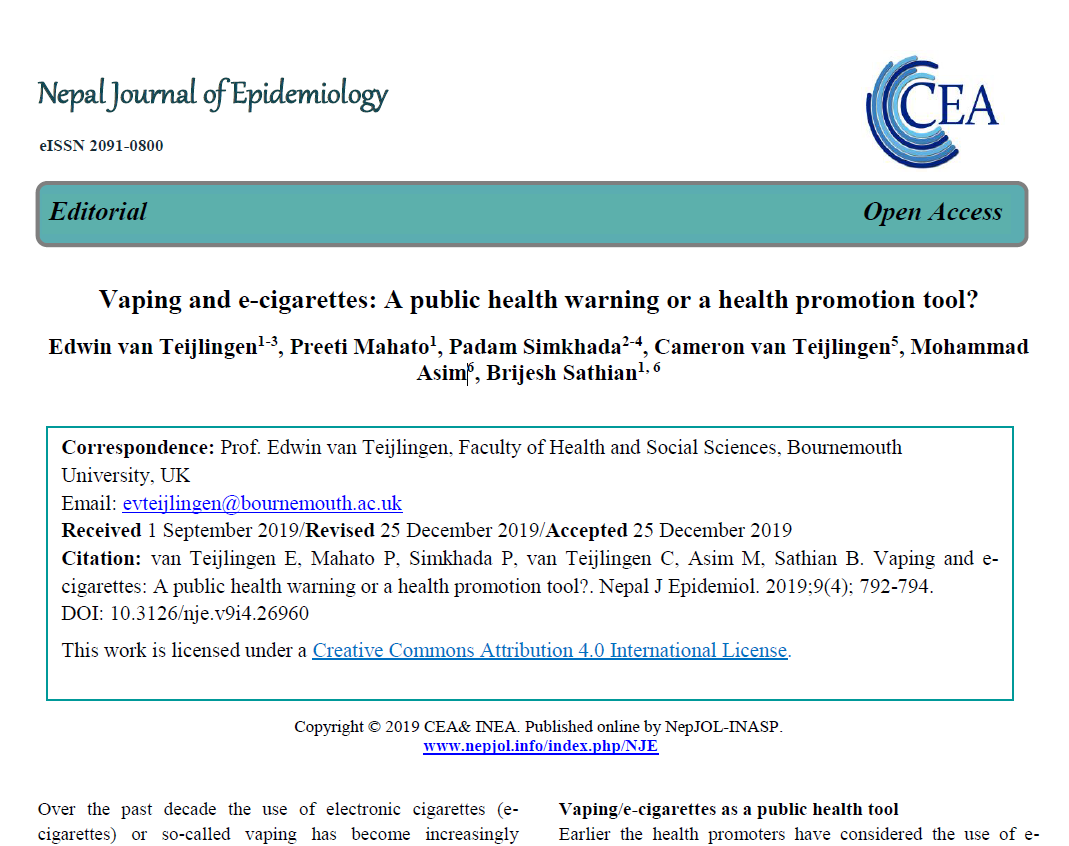


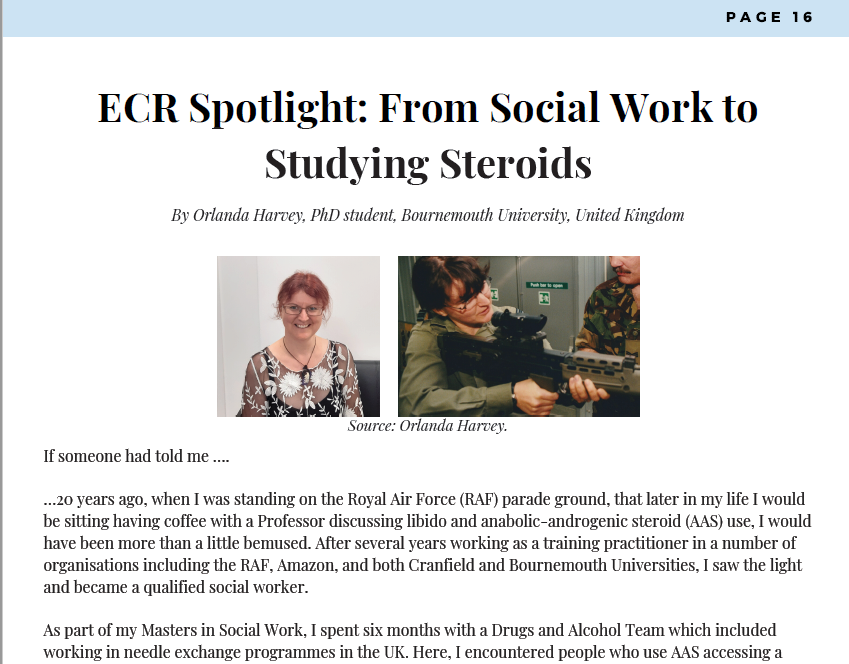
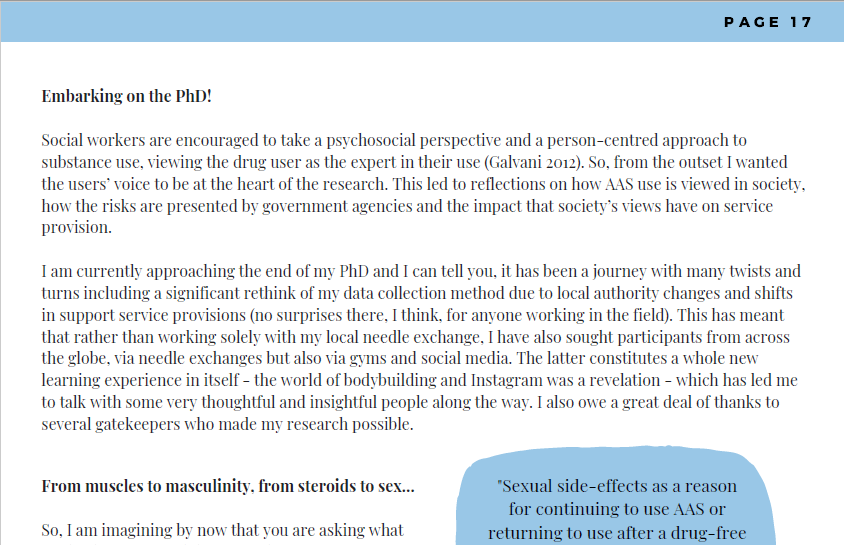
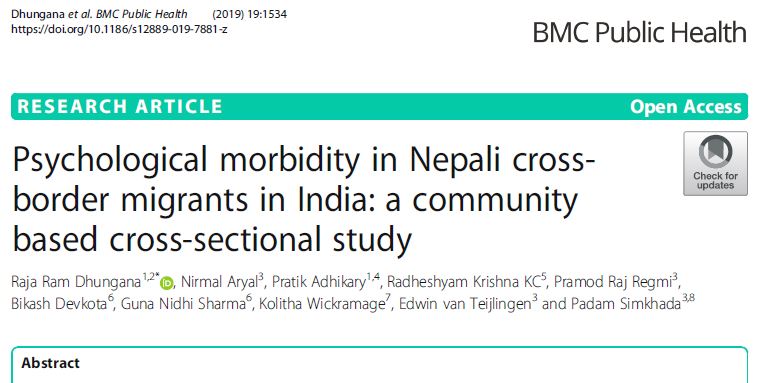




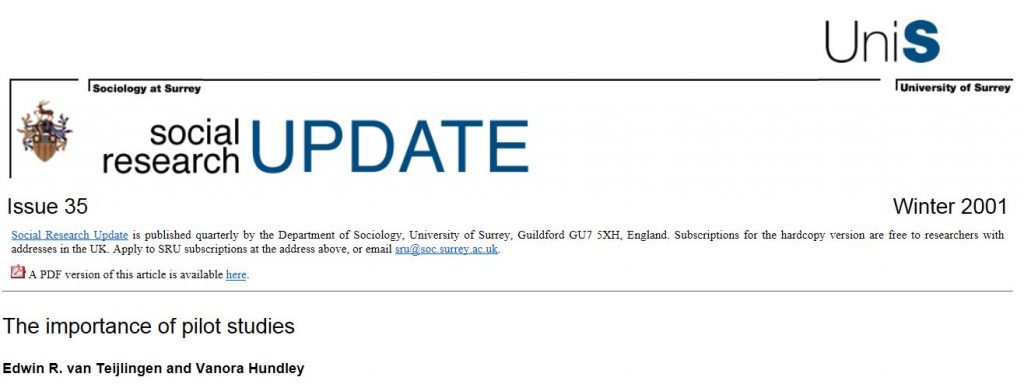
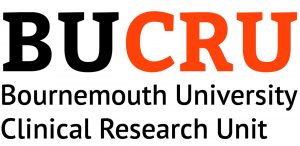





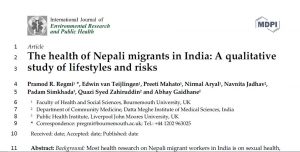

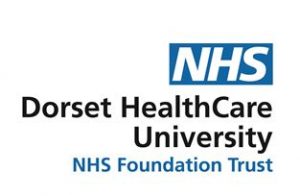
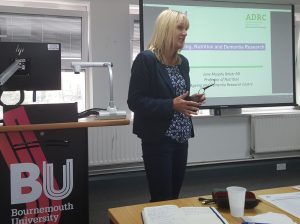
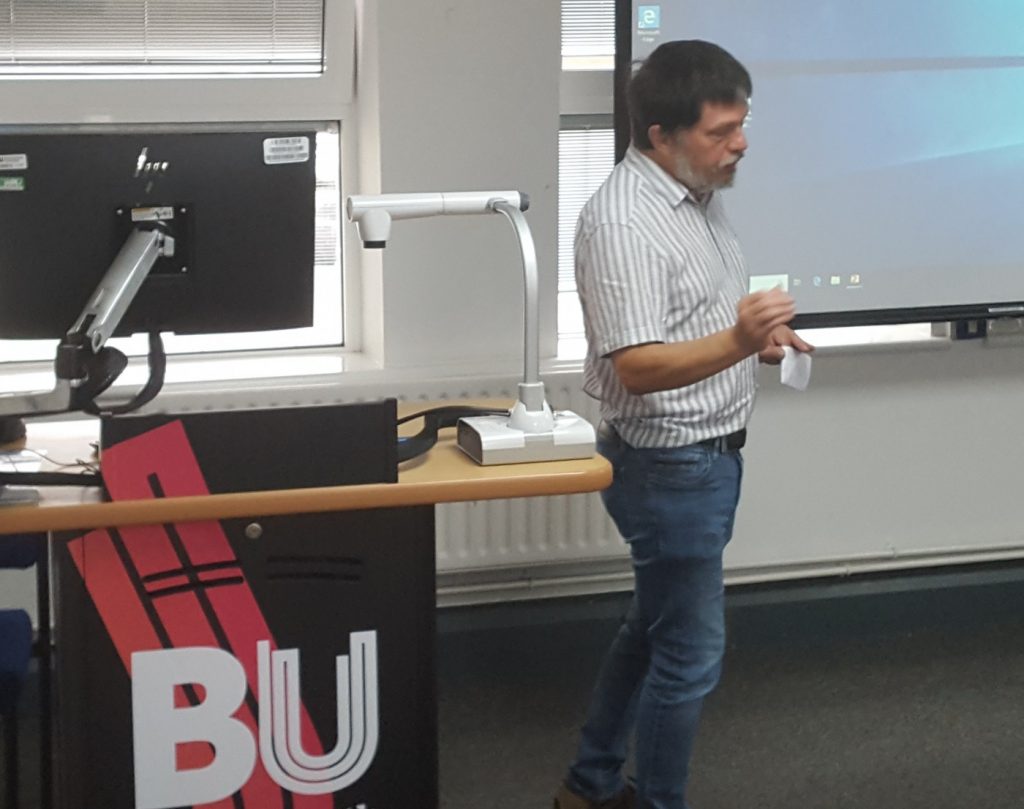

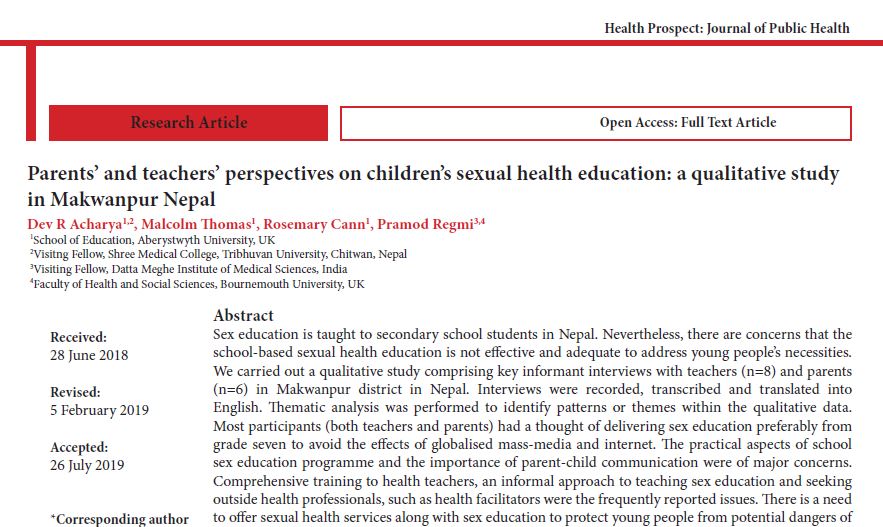



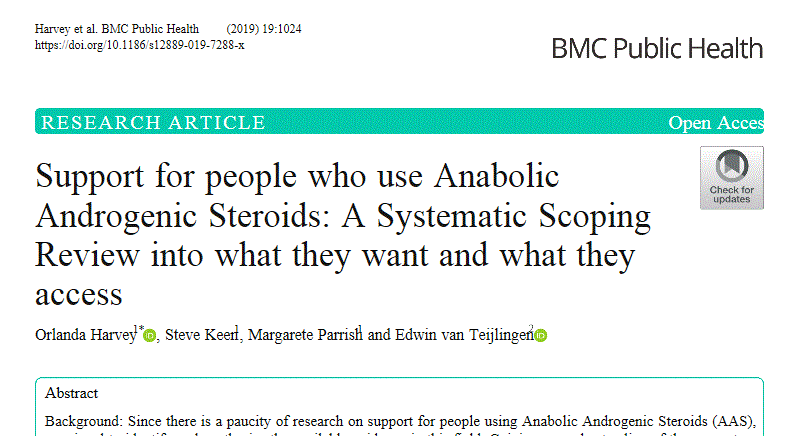











 Bournemouth University psychologists publish new book
Bournemouth University psychologists publish new book Connecting Research with Practice: FoodMAPP Secondment in Austria and France
Connecting Research with Practice: FoodMAPP Secondment in Austria and France Health promotion paper read 8,000 times
Health promotion paper read 8,000 times The Beautiful Work Challenge: On Birth
The Beautiful Work Challenge: On Birth Free event on Solutions to Inequalities in Dementia Diagnosis and Care
Free event on Solutions to Inequalities in Dementia Diagnosis and Care MSCA Postdoctoral Fellowships 2025 Call
MSCA Postdoctoral Fellowships 2025 Call ERC Advanced Grant 2025 Webinar
ERC Advanced Grant 2025 Webinar Horizon Europe Work Programme 2025 Published
Horizon Europe Work Programme 2025 Published Horizon Europe 2025 Work Programme pre-Published
Horizon Europe 2025 Work Programme pre-Published Update on UKRO services
Update on UKRO services European research project exploring use of ‘virtual twins’ to better manage metabolic associated fatty liver disease
European research project exploring use of ‘virtual twins’ to better manage metabolic associated fatty liver disease